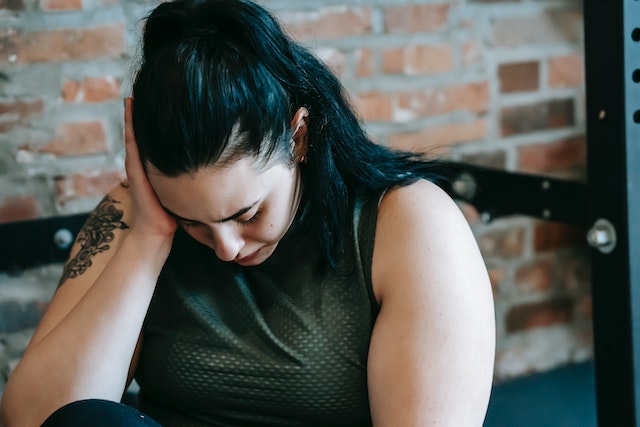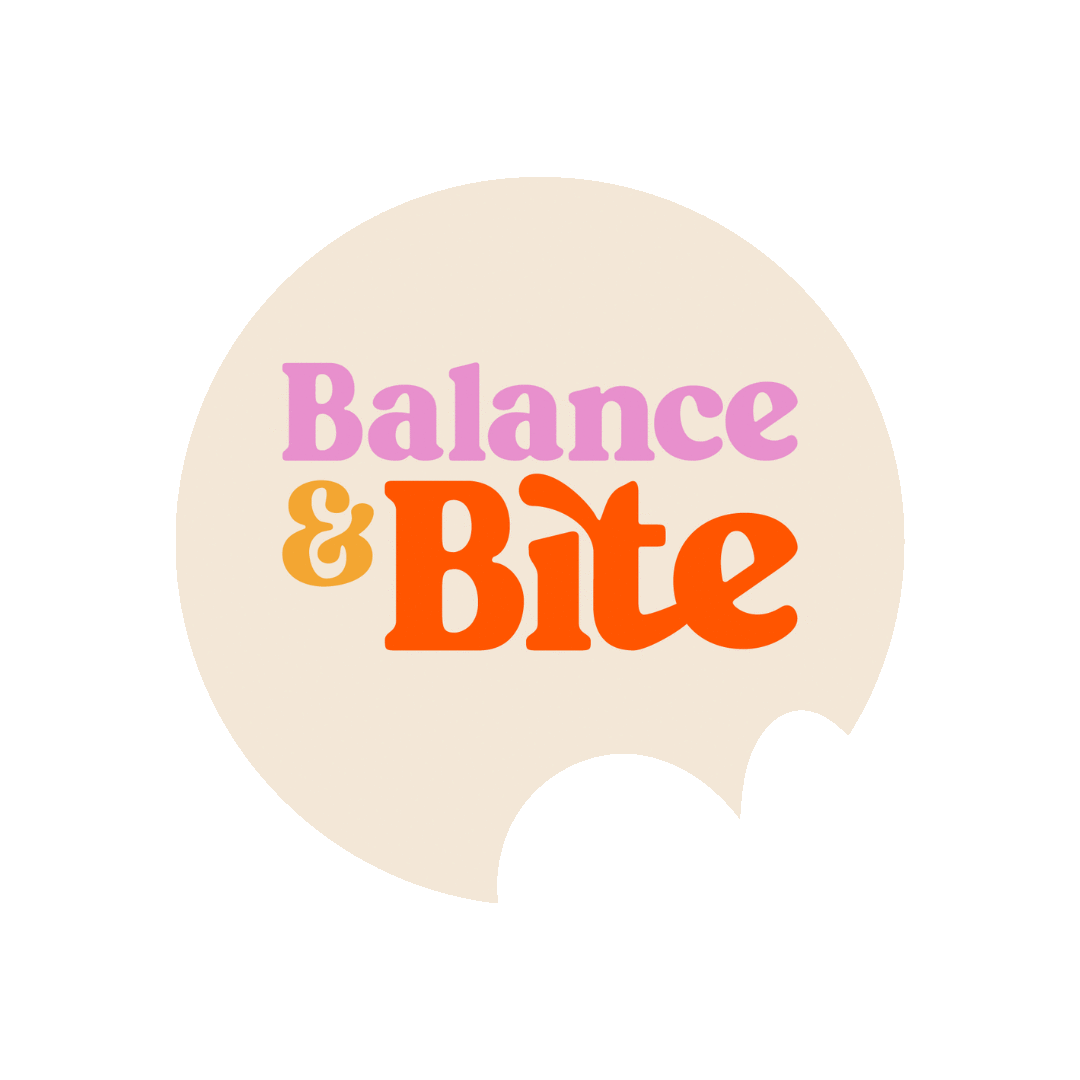

The Blog
Read this post →
As a disordered eating dietitian, here’s what I think of the 75 Hard Challenge. Diet culture red flags & the risks far outweigh the benefits.
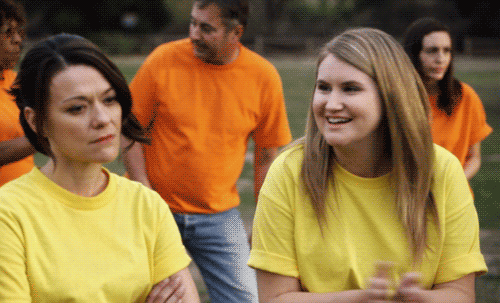

Read this post →
Have you ever felt like you’ve failed a diet? You’re not alone. Most of my clients have experienced this at some point. This blog unpacks why diets fail


Read this post →
Say bye to lunchtime procrastination with these Mexican rice bowls 👋 One of the most common challenges I hear from clients is, “Erin, I feel like I’ve got my shit together for BF & Dinner, but lunch … I just can’t” 😓 Sound familiar? Well, here’s the antidote to lunchtime decision fatigue – glass prep […]


Read this post →
Have you ever noticed how any slight change in someone’s weight seems to turn into a public health discussion? It’s almost like your body becomes community property with comments flying in, whether you asked for them or not. But here’s something to chew on, “what if weight isn’t the clear-cut health indicator we’ve been conditioned to monitor”?


Read this post →
Wondering what is weight cycling? In this article we unpack what it is, how it’s related to yo-yo dieting and why it’s less than ideal for you long term health and wellbeing
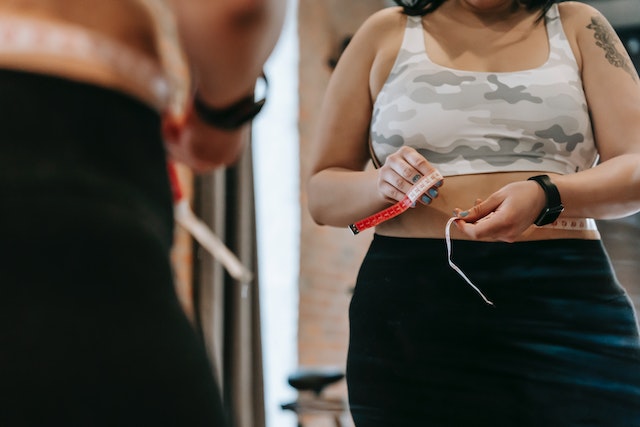

Read this post →
Looking for a quick, easy and tasty breakfast or lunch recipe idea? Do yourself a favour and make these healthy corn and zucchini fritters!
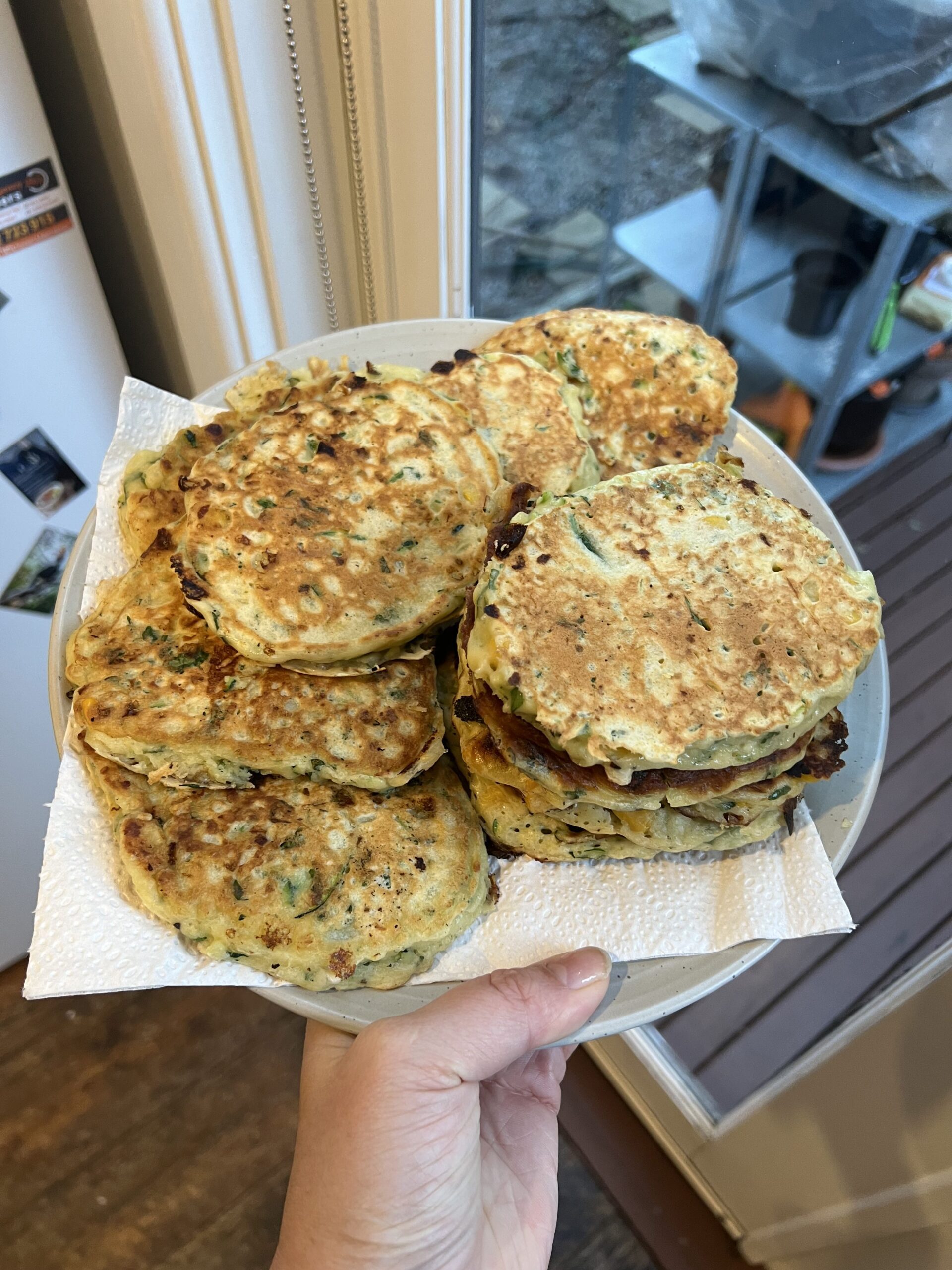

Read this post →
So you’ve heard we need to eat more vegetables! But why? Well there’s a reason people, especially Dietitians, bang on about them like a broken record—they really are so beneficial for your health! I’ll let you know why and how you can eat more of them in this article.
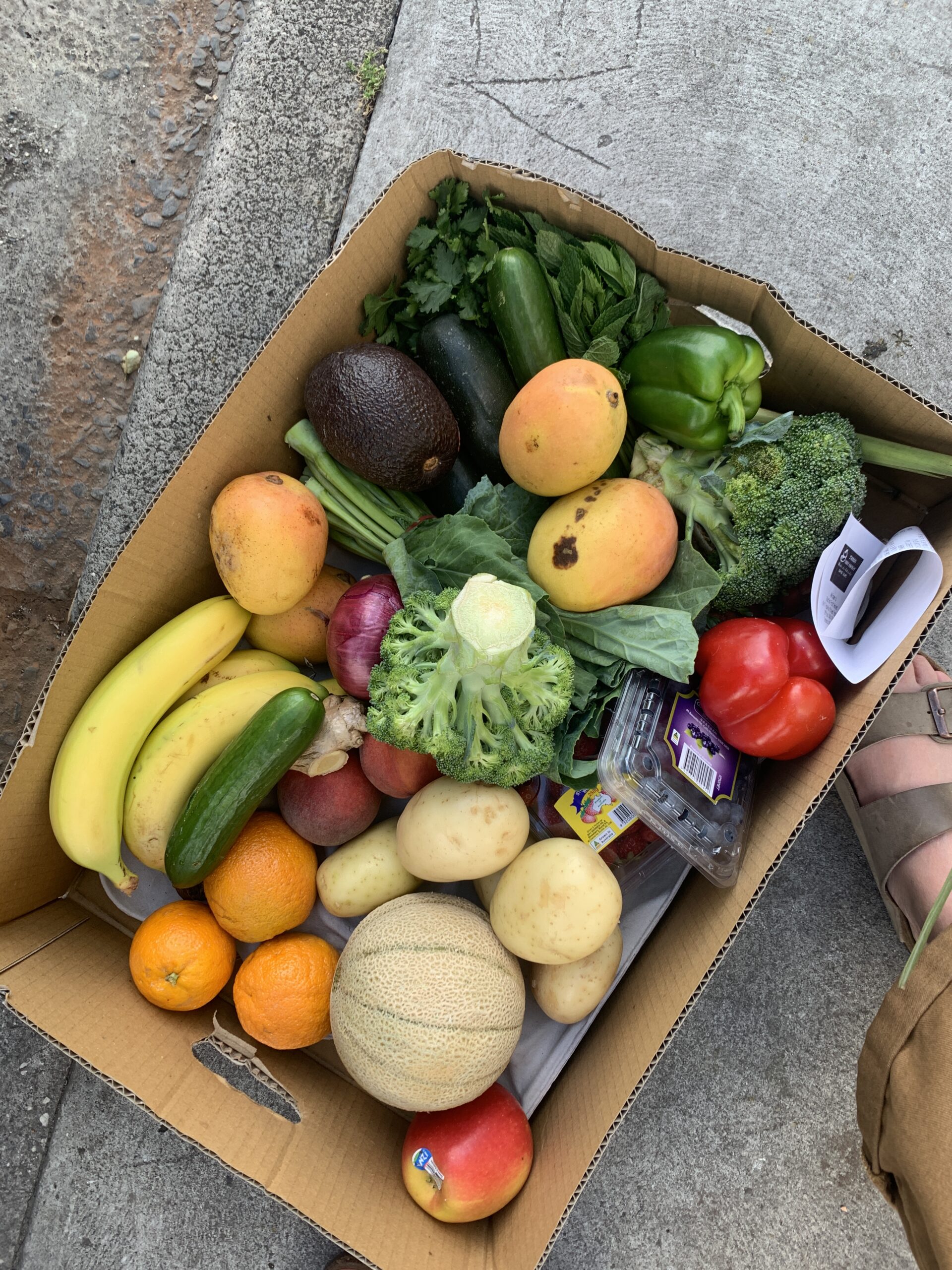

Read this post →
I’ve been playing around in the kitchen, trying to bring back a slice of those good old days with a bit of a gut-loving high-fibre twist. And guess what? I think I’ve nailed it with this no-bake Cherry Ripe slice!


Read this post →
Ready to make your social media a diet free zone? We’ve shared 100 of our favourite non-diet accounts to follow. You can thank us later!
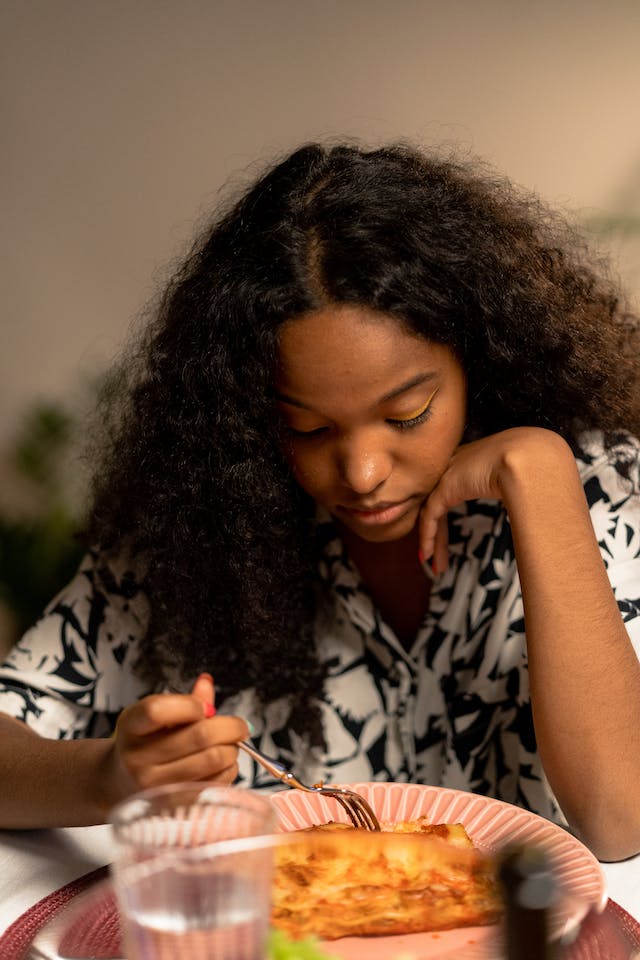

Read this post →
Dieting is frustrating. At first, it’s a new adventure, a challenge, a fresh start. Then, a couple of weeks in, you’re breaking the rules, missing all your favourite foods and beating yourself up for failing once again. Does this sound familiar? Well, it’s absolutely not your fault! As it is merely human biology that results in failed diets time and time again.
